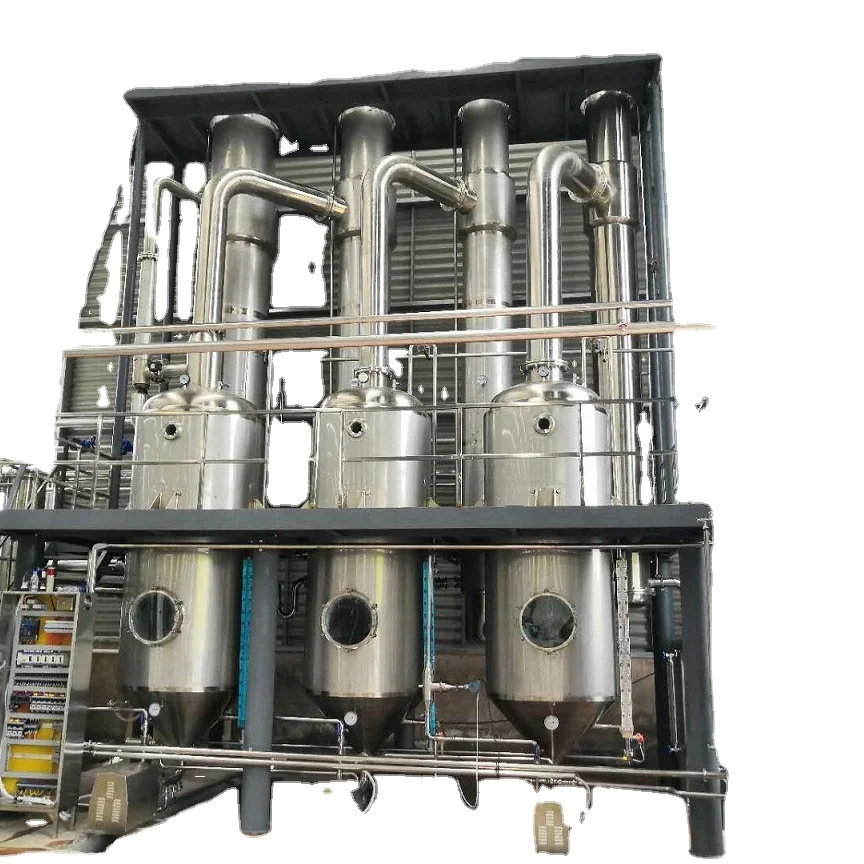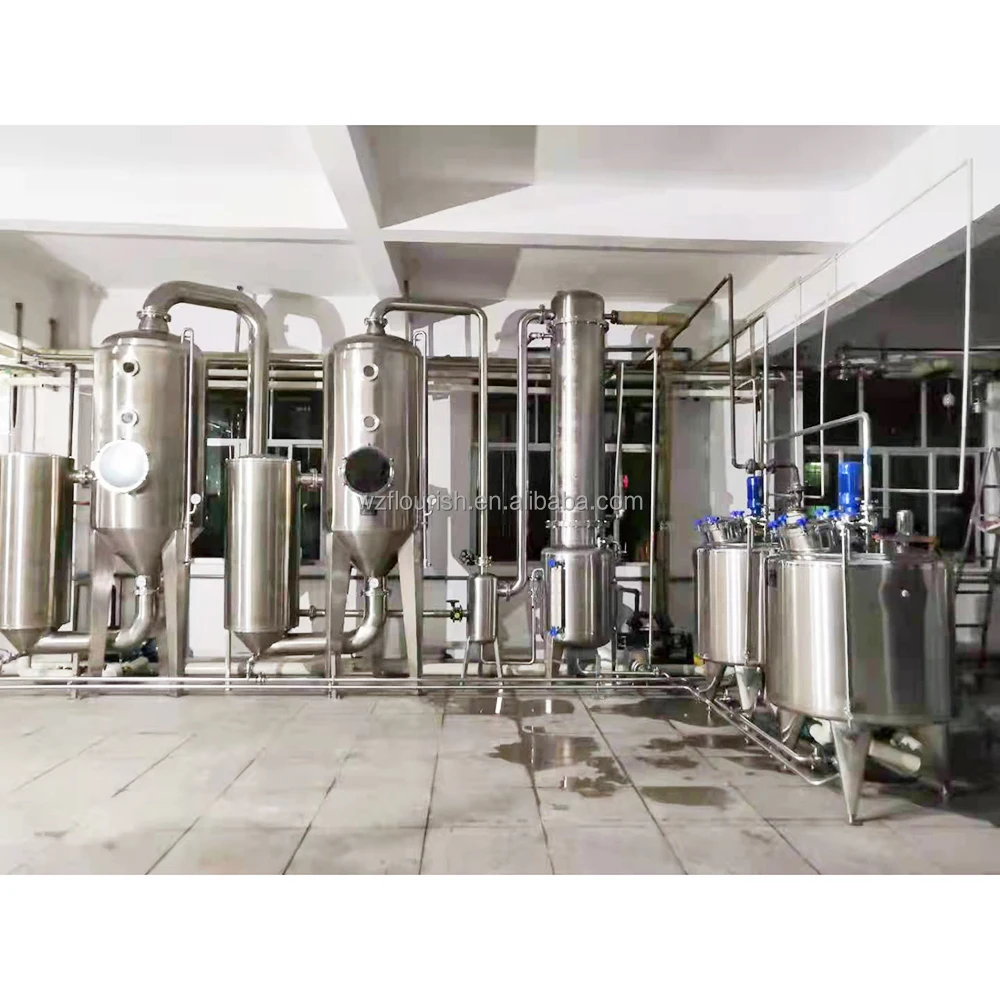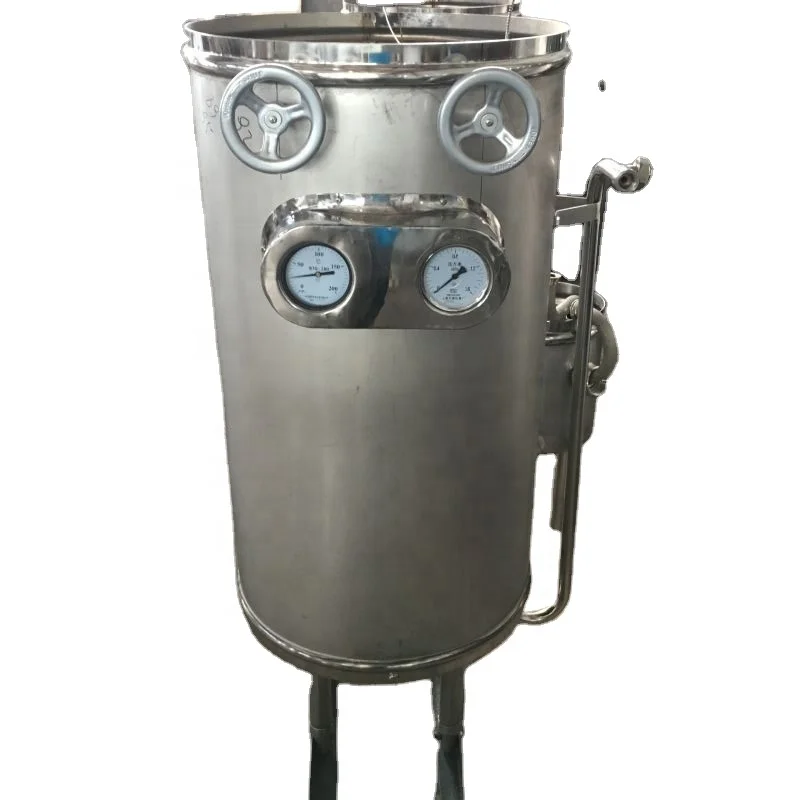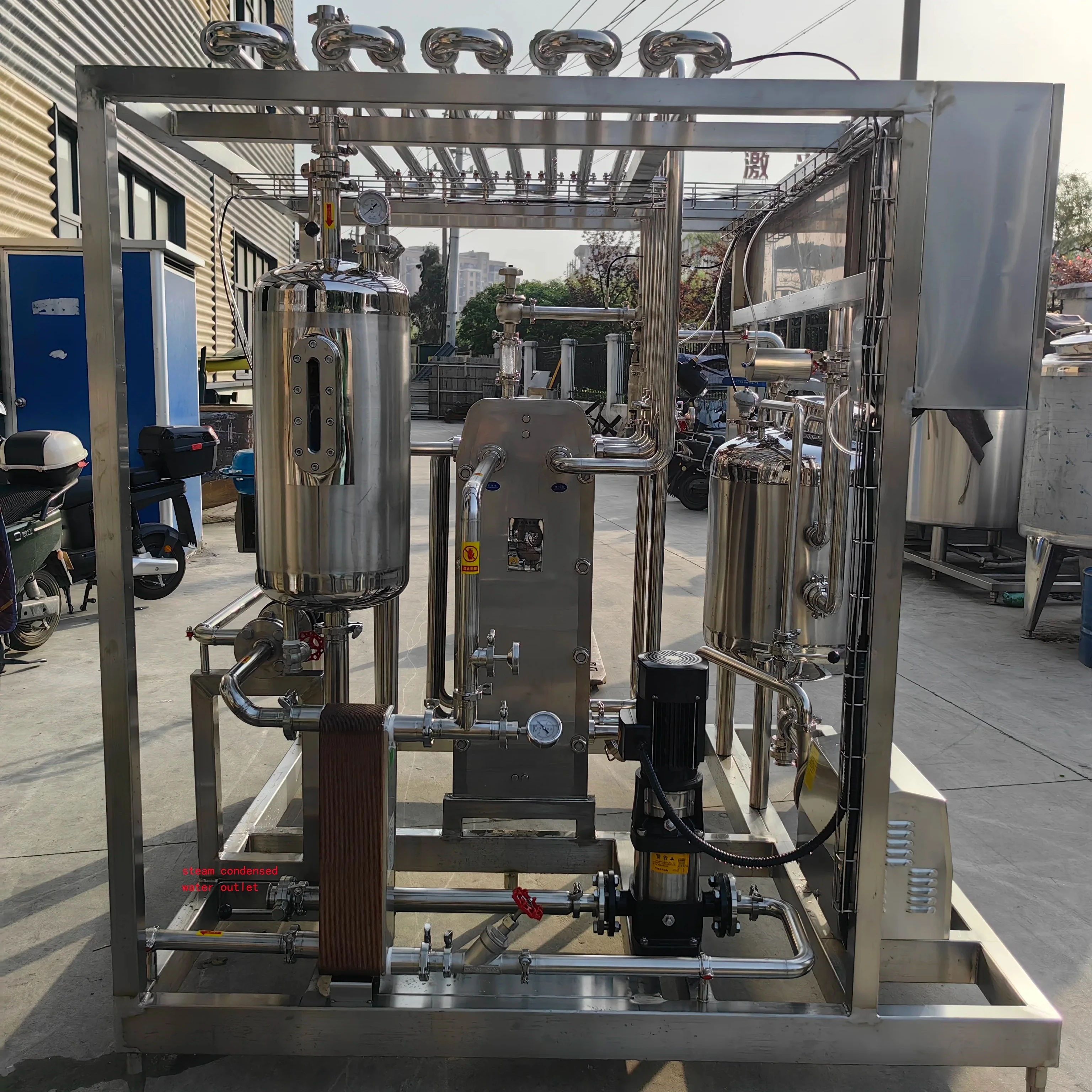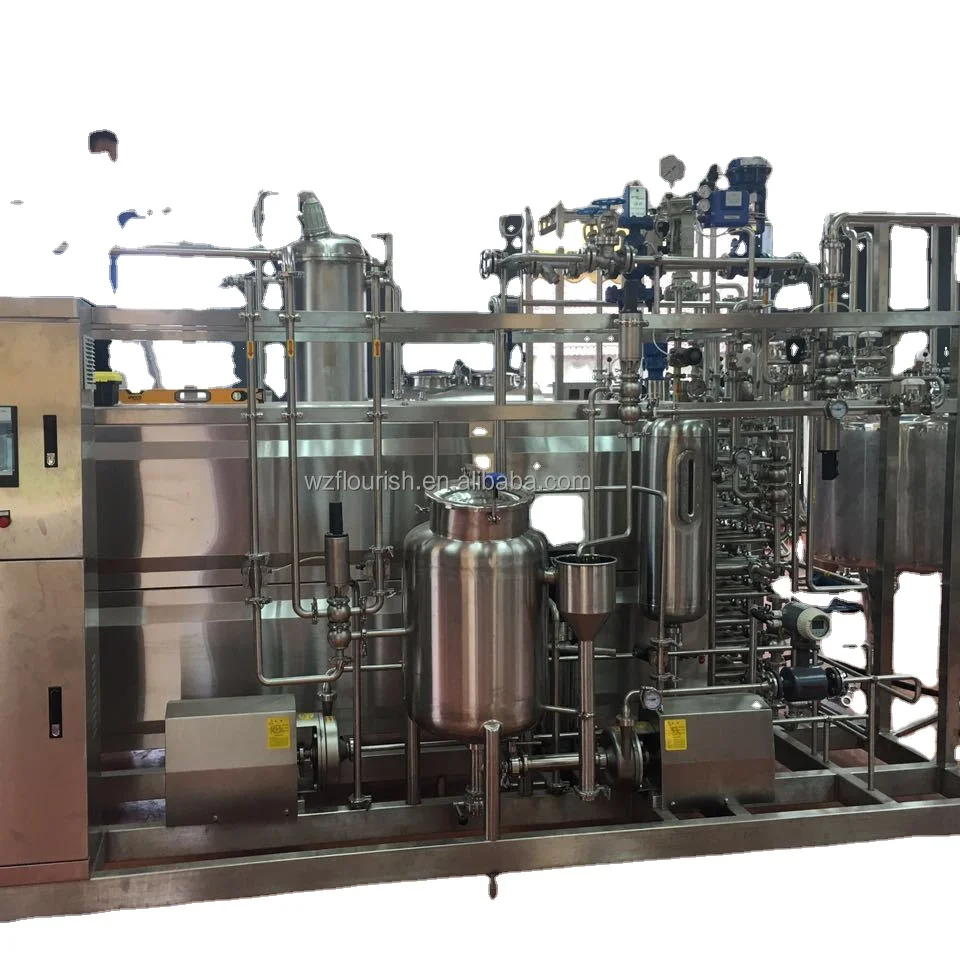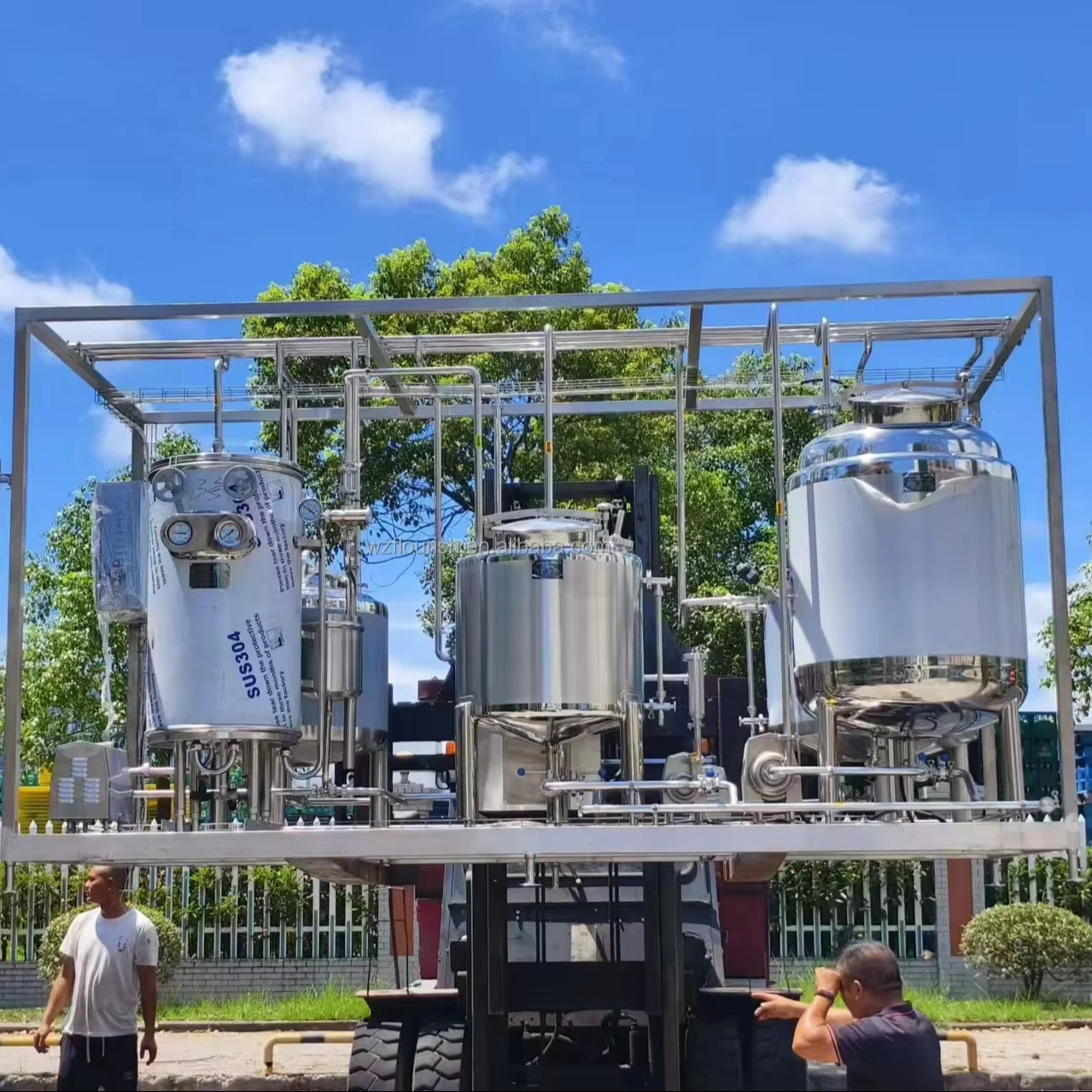ABOUT
Wenzhou Vince Machinery Science Co., Ltd. was established in early 1980s. Our company covers an area of 6500 square meters and is an independent legal representative firm, possessing rich economic technology strength. Our company is a high tech enterprise and plays an important role in national dairy, foodstuff, pharmacy and machinery industries. We are a beverage machinery supplier.
Since the establishment, our company has mainly engaged in dairy products, foodstuff, beverage machinery, bean products, yellow wine, medicines and fermentation projects. What's more, our company supplies a complete sequence services in manufacturing, installation, test and personnel train, as well as the whole direction service design and consulting service on product project construction or enlargement artistic distribution engineering sets budget.
PRODUCTS
Understanding the Processes Involved in Juice Evaporation
Evaporation Mechanisms
Juice evaporation primarily relies on the principle of heat transfer, where heat is applied to the juice, causing water molecules to vaporize. This vapor is then separated from the concentrated juice, leading to a reduction in volume and an increase in solids content. Two primary mechanisms drive this process:
* **Boiling Point Elevation:** As the concentration of solutes increases, the boiling point of the juice rises. This allows for evaporation at temperatures higher than the normal boiling point of water, reducing the risk of thermal degradation. * **Vapor Pressure Reduction:** The vapor pressure of the juice decreases as the concentration of solutes increases. This creates a pressure difference between the liquid and vapor phases, driving the evaporation process.
Evaporation Technologies
Various evaporation technologies are employed in the juice industry, each with distinct advantages and disadvantages. Some common methods include:
* **Single-Effect Evaporation:** This method utilizes a single evaporator to heat and concentrate the juice. It's simple and cost-effective but consumes a significant amount of energy. * **Multiple-Effect Evaporation:** This method employs multiple evaporators in series, where the vapor from one evaporator heats the juice in the next. This reduces energy consumption but increases complexity. * **Falling Film Evaporation:** This method involves cascading the juice down a heated surface, promoting rapid evaporation. It's efficient but requires careful control to prevent fouling. * **Forced Circulation Evaporation:** This method utilizes pumps to circulate the juice through the evaporator, enhancing heat transfer and promoting rapid evaporation. It's suitable for viscous juices and high solids concentrations.
Factors Influencing Evaporation
Several factors influence the efficiency and effectiveness of juice evaporation:
* **Juice Composition:** The presence of sugars, acids, and other solutes affects the boiling point elevation and vapor pressure, impacting the evaporation rate. * **Temperature:** Higher temperatures accelerate evaporation but can lead to thermal degradation of the juice. * **Pressure:** Lower pressures reduce the boiling point, facilitating evaporation. * **Residence Time:** Prolonged exposure to heat can lead to color changes and flavor alterations. * **Flow Rate:** An appropriate flow rate ensures uniform heat distribution and optimal evaporation.
Quality Control in Juice Evaporation
Maintaining juice quality throughout the evaporation process is crucial. This involves:
* **Monitoring Solids Content:** Regularly measuring the concentration of solids ensures that the desired level of concentration is achieved. * **Controlling Temperature:** Maintaining the optimal temperature range prevents thermal degradation and maintains flavor integrity. * **Minimizing Residence Time:** Shortening the exposure time to heat reduces the risk of color and flavor alterations. * **Maintaining Proper Hygiene:** Ensuring clean equipment and sanitation practices prevents contamination and maintains the juice's quality.
Understanding the principles and technologies behind juice evaporation enables industry professionals to optimize production processes, enhance product quality, and achieve desired flavor profiles in their concentrated juices. By carefully controlling the process parameters and adopting appropriate technologies, juice manufacturers can ensure efficient and effective evaporation while maintaining the quality and integrity of their products.SUBSCRIBE
INQUIRY

